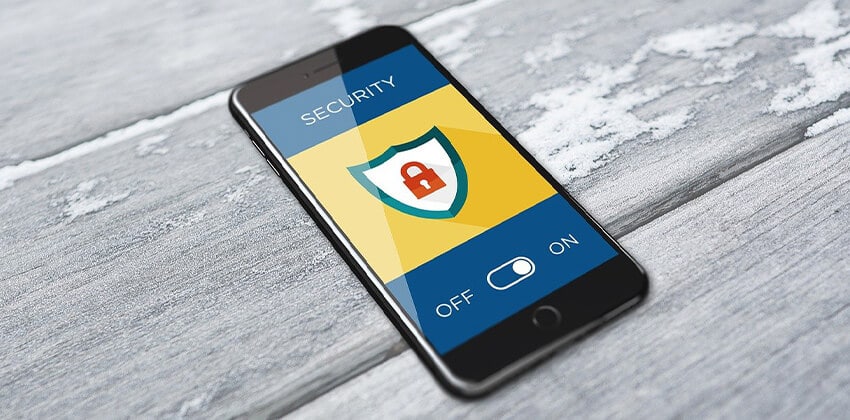
Put the “Safe” in your Cyber-SAFE Resume by modifying the content of your public resume!
Take control and create your own privacy protection this way, without depending on a job board to do it for you.
Do this to protect your existing job, if you have one, and to protect your privacy and safety.
As your resume or CV circulates in cyberspace over time, your Cyber-Safe Resume will protect your identity and, possibly, your future employment many years from now.
In some recruitment circles, job seekers who protect their identity are more desirable than those who don’t. The assumption made, often, is that you are employed and have an existing job that you are protecting.
Read To Be Hired, Be Reachable – How to Safely Publish Your Contact Information on LinkedIn for more information on how to be reachable without compromising your privacy.
How to Make Your Resume “Cyber-Safe”
Protecting your privacy by making your resume “cyber-safe” is very important today.
1. Protect your personal and work contact information.
Limiting access to your contact information makes it harder for your identity to be stolen or for your employer to discover your job search. You still need to be reachable by recruiters, but first you need to protect your job and your home.
Remove your standard “contact information” from your online resume or profile —
- Your home and/or work address(es).
- Your home and/or work phone number(s).
- Your work e-mail address (big NO-NO!).
Replace the standard contact information so that you can be reached by potential employers and recruiters —
- A personal cell phone number. Be sure it rolls over to a personal voicemail account if you don’t answer. OR a Google Voice phone number which is free and can be forwarded to any phone number you choose and also to email.
- A personal e-mail address that is not connected with either your home or your work, like one of the Web-based e-mail addresses (Gmail is typically best now).
Do NOT use a goofy e-mail address (e.g. [email protected]). Messages from such accounts may be deleted unread.
Use the e-mail address as an opportunity to do some marketing and some differentiating – like [email protected] or [email protected].
2. Carefully modify your employment history.
Don’t misrepresent what you do, but do disguise some of the information if it would be easy for someone to identify who you are and where you work.
Particularly for your current job, modify the information to minimize the possibility that your existing employer will find your resume when searching through a job board’s resume database and fire you.
Remove your current employer’s name; replace it with an accurate, but generic, description —
- “Nuts n’ Bolts Distributors, Inc.” changes into “construction supplies distribution company.”
- “IBM” becomes “multinational information technology company”
If your job title is unique, replace your title with, again, an accurate, but generic” title —
- “New England Regional Gadget Marketing Director” becomes “multi-state marketing manager of gadget-class products”
3. Remove any other information which can be related directly ONLY to your current employer.
Delete specific, traceable information like a state or federal license number, trademark, service mark, patent, or other keywords uniquely specific to your employer.
You increase the probability of a confidential job search by being very selective about where you post your resume. See Job-Hunt’s sections on Choosing a Job Site and Protecting Your Privacy for tips and guidance.
The Bottom Line
A cyber-safe resume is the best resume to use for your job search. If you are employed, be sure to read Job-Hunt’s free Guide to a Stealthy — and Successful — Job Search because if your employer discovers that you are job hunting, you could lose your job.
More About Protecting Your Privacy
- 8 Ways to Protect Your Privacy While Job Hunting
- How to Use LinkedIn for a Stealth Job Search
- How to Safely Publish Your Contact Information on LinkedIn
- Managing LinkedIn Settings for a Private / “Stealth” Job Search
 About the author…
About the author…
Online job search expert Susan P. Joyce has been observing the online job search world and teaching online job search skills since 1995. A veteran of the United States Marine Corps and a recent Visiting Scholar at the MIT Sloan School of Management, Susan is a two-time layoff “graduate” who has worked in human resources at Harvard University and in a compensation consulting firm. Since 1998, Susan has been editor and publisher of Job-Hunt.org. Follow Susan on Twitter at @jobhuntorg and on Facebook, LinkedIn.
More about this author…
Don't forget to share this article with friends!




